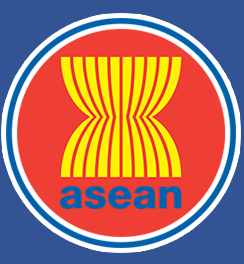ASEAN Journal on Science and Technology for Development
Abstract
An abandoned mercury mine area in Puerto Princesa City, which was previously operated by Palawan Quicksilver Mines, Inc. (PQMI) from 1953 to 1976, is known for its unrehabilitated open-pit of mercury-rich rocks and exposed mine waste calcine stockpiles in the vicinity. In order to establish an understanding on the geology of the abandoned mercury mine deposit and to obtain clues in determining the possible metal pollutants in the area, measurement of trace element concentrations of soil and sediments collected from the PQMI vicinity were conducted. Soil and sediment samples were analyzed for heavy metals, rare-earth elements and naturally occurring radioactive elements and determined its contamination factor as part of risk assessment. Analytical results showed that aside from mercury, several heavy metals (nickel, chromium, manganese) were found to be anomalous due to the geology of the area. Statistical analyses show that chromium, nickel and antimony present the highest contamination factor among the sampling groups. Mercury is found to have negative bias with higher rare earth elements concentration but positively correlated with arsenic, antimony, and thallium. In general, there is low concentration of rare earth elements (except for scandium) in comparison with its respective average crustal concentration. Due to the nature of geology in the area, naturally occurring radioactive elements influence is also minimal. The results of this study, especially on the assessment of soil and sediment pollutants, are recommended as guidance to its mine rehabilitation.
Publication Date
9-17-2021
Recommended Citation
Jessie, Samaniego; Reven, Gibaga Cris; Alexandria, Tanciongco; and Rasty, Rastrullo
(2021)
"Assessment of Trace Elements in Soils and Sediments in the Abandoned Mercury Mine Site in Puerto Princesa City, Philippines,"
ASEAN Journal on Science and Technology for Development: Vol. 38:
No.
2, Article 1.
DOI: https://doi.org/10.29037/ajstd.682
Available at:
https://ajstd.ubd.edu.bn/journal/vol38/iss2/1

